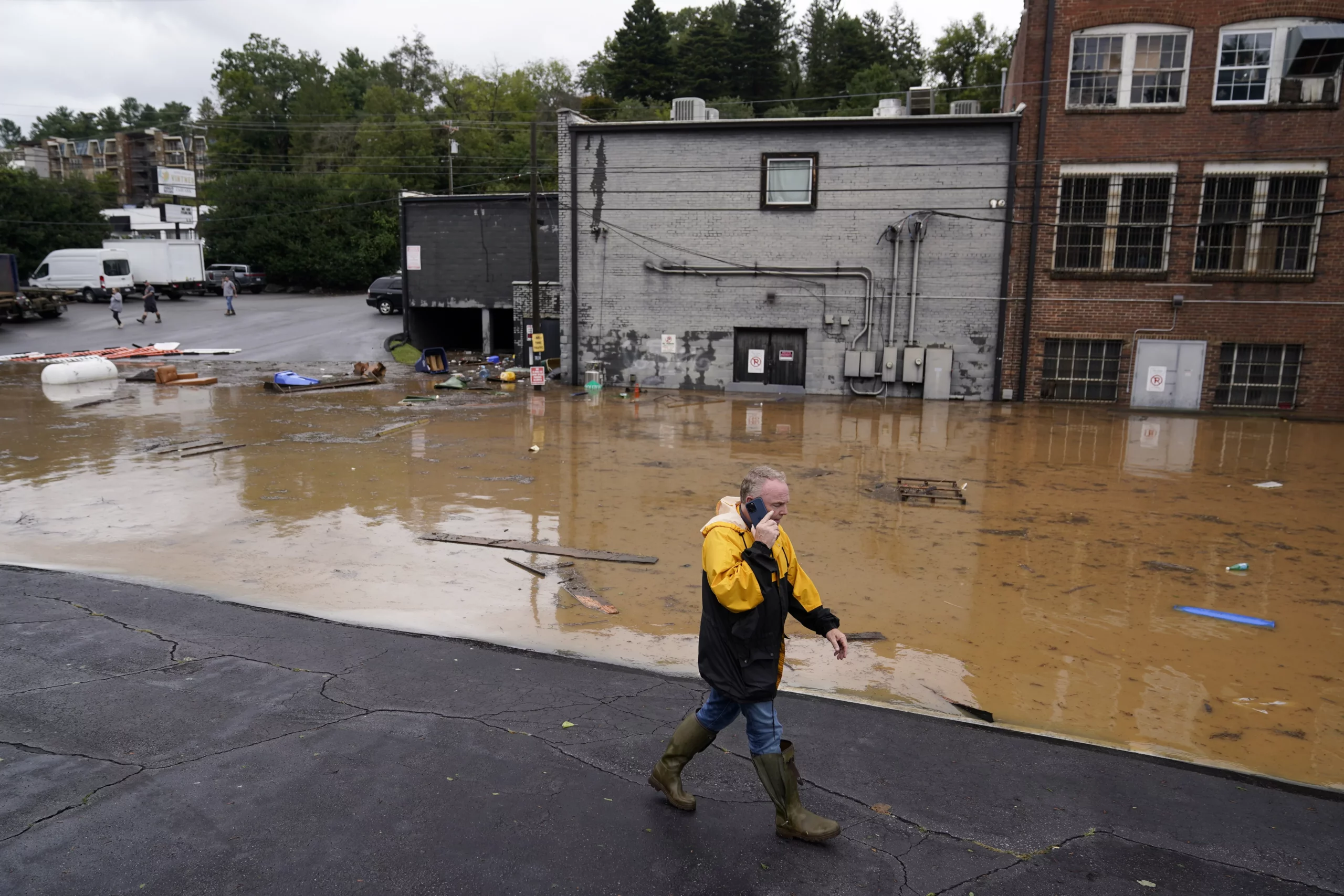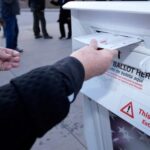

Rep. Greg Murphy (R-NC) warned that Hurricane Helene and its lasting effects could seriously hurt voter turnout for the 2024 election, where early voting is scheduled to get underway in a matter of days.
Murphy discussed how the west part of his home state has been “devastated” by the flooding caused by the hurricane, with many residents being “stranded” due to being unable to leave their homes. The natural disaster North Carolina is dealing with comes as it has become a swing state between former President Donald Trump and Vice President Kamala Harris, with polling data indicating a tight race between the two.
“We were just talking about it. I thought about that. This can be devastating,” Murphy said on Fox Business’s Mornings with Maria Bartiromo, guest-hosted by Cheryl Casone. “I mean, this could flip an election because if you can’t get the western part, again, like the eastern part, we generally tend to be conservative, of course. If those people are not able to get out and vote, heck, they’re looking for shelter and food and medicine, how are we going to get them to vote?”
Murphy then suggested that the North Carolina General Assembly needs to “act quickly” to ensure the state’s basic needs are met while it recovers from the hurricane and making sure those who want to vote are able to.
Regarding Hurricane Helene’s effects on North Carolina, Murphy said the state is in “rescue mode” as it continues to help people who are stuck in their homes. He predicted it would take “years” for the western part of the state to recover fully from the hurricane.
Murphy added that those who want to donate to the rescue efforts should make sure they are giving to “a reputable organization,” citing how there are “a lot of snakes out there” seeking to capitalize on the goodwill of people.
CLICK HERE TO READ MORE FROM THE WASHINGTON EXAMINER
Early voting in North Carolina is set to begin on Oct. 17 and will conclude on Nov. 2, the Saturday before Election Day.
Polling data conducted in mid-September found that Trump and Harris are in a dead heat in North Carolina, with both tied at 48% among 802 likely voters. The survey’s margin of error was plus or minus 3.5%.







